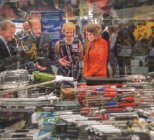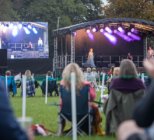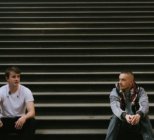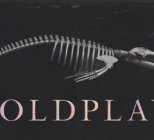November 2019 saw the Natural History Museum pull off a major coup by hosting the only UK stop on Coldplay’s world tour. With all proceeds being donated to environmental charity ClientEarth, the setting made perfect sense for the band and gave the Museum a great platform to showcase its venue hire potential.
“The Natural History Museum is one of London’s most iconic venues and its magnificent architecture and collections are the perfect backdrop for a wide variety of events,” a spokesperson for the Museum told Advisor.
The institution is well-versed in making its historic spaces work in a variety of ways to ensure the organisation’s long-term viability.
After Luke Jerram’s Museum of the Moon touring exhibition opened in May, the Natural History Museum was quick to identify the huge potential offered by the show’s stunning aesthetic as a time-limited, unique space for hire.
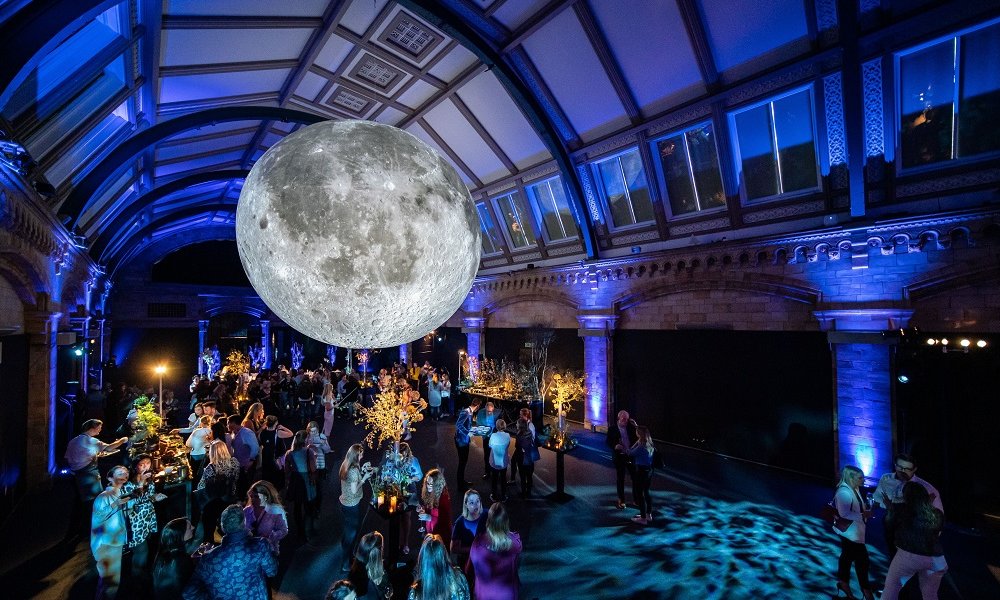
A plethora of bookings were subsequently hosted in the Jerwood Gallery during the Museum of the Moon’s residency, ranging from yoga and interactive theatre performances to special after-hours events.
The sky’s the limit
Giving your offering a quirky or unique selling point can be advantageous in a very crowded market. Newcastle’s Baltic Centre decided its answer to this could be found by aiming high. To the top of the Tyneside building to be precise.
Making the most of previously unused section of the Centre’s thirteenth storey, Baltic Roof-Top Walks are now being offered to companies who want to conduct meetings with 360-degree views of Newcastle and Gateshead.
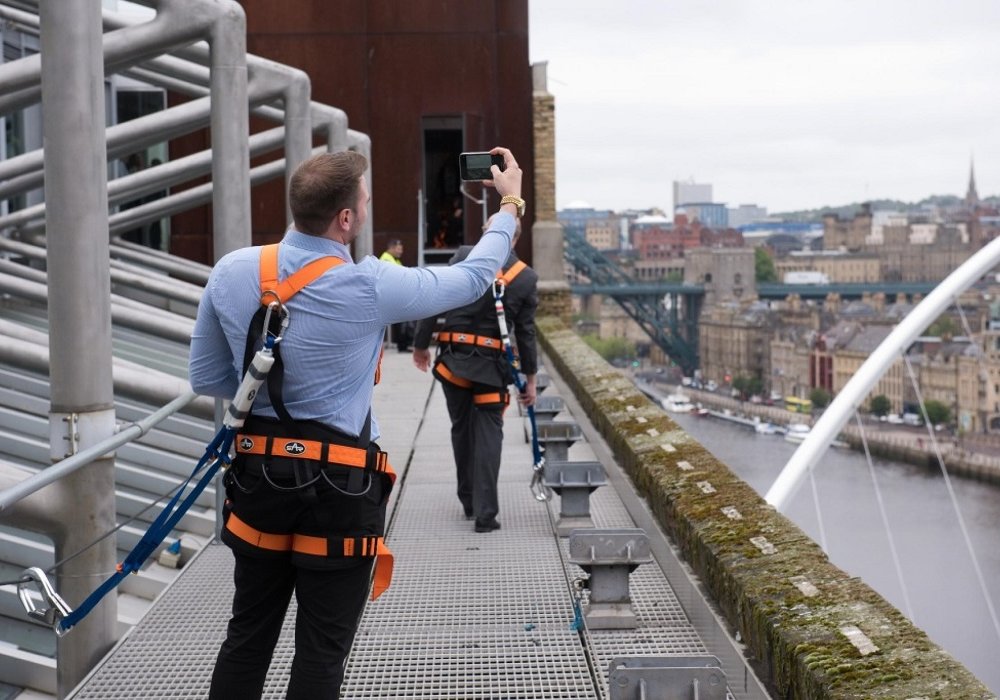
Packages include breakfast in the venue’s rooftop restaurant and the use of a meeting room with views over the River Tyne and landmarks such as the Gateshead Millennium Bridge, Baltic Square and the Sage Gateshead.
Rebecca Surtees-Brown, who handles corporate relations at the venue, told us this offering forms part of a larger initiative, with the Baltic “pursuing new and creative ways to engage with corporates” and that several such avenues currently being explore have already proved “very successful”.
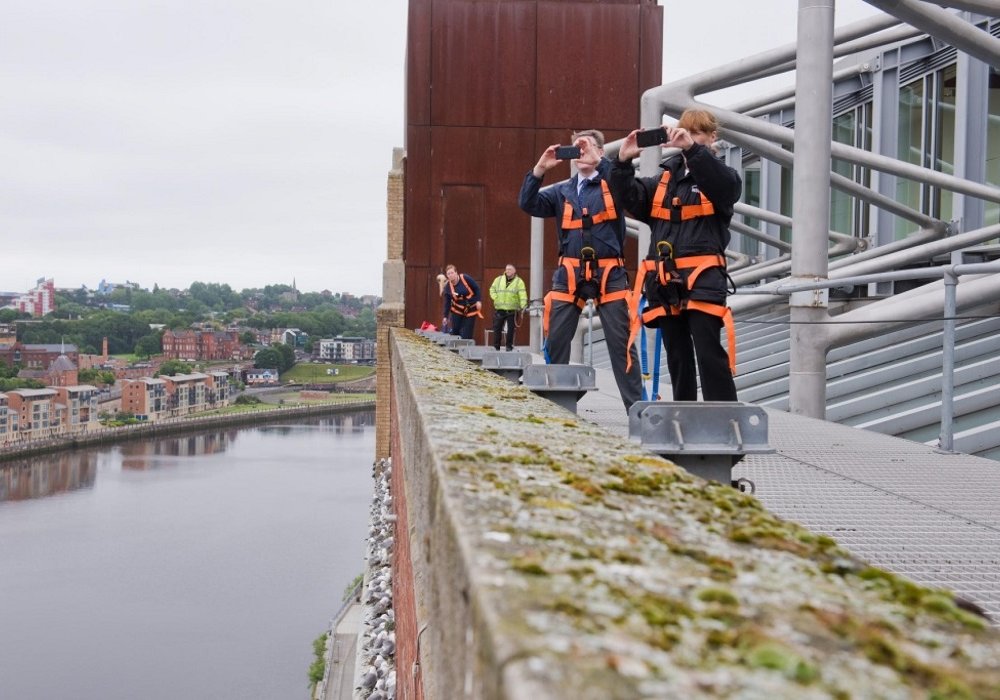
Feedback from corporate clients is said to have been very positive thus far. “What better location to meet & inspire our stakeholders than the UK’s biggest contemporary art gallery?” Carsten Staehr, CEO of Cintra HR & Payroll Services, stated.
Access all areas
While offering characterful surroundings is one thing, accessibility and functionality cannot be undervalued. The British Motor Museum has built its commercial reputation on this, and last year reopened its conference and meeting rooms following a £2 million refurbishment.
The redevelopment project included the reimagination of its roof top rooms into ‘The Sky Suite’, a flexible space that can accommodate 200 people for theatre-style presentations and a further 40 for dining. A patio roof-garden with views over the Warwickshire countryside added yet more opportunities for marketing this area of the Museum.
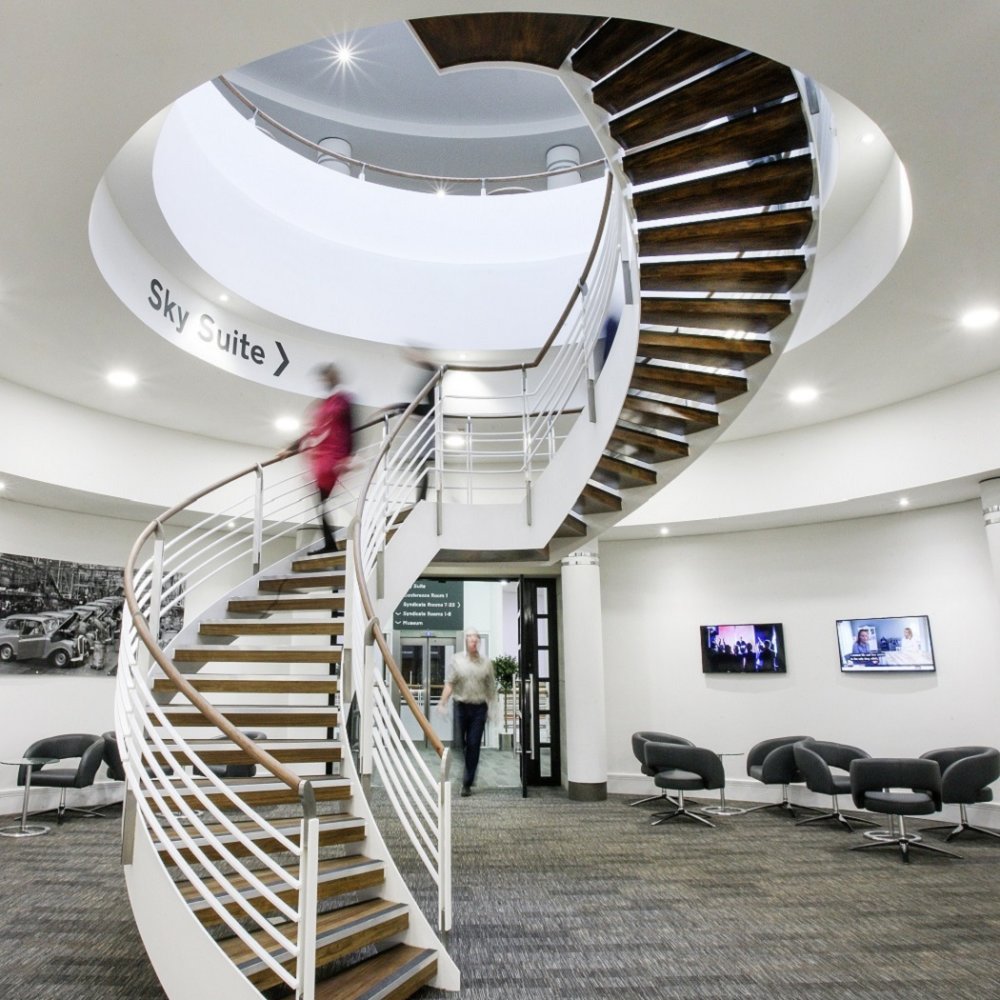
Several other spaces on the site mean the venue has a license to welcome as many as 5,000 visitors at any one time. This makes the Museum, according to its events team, ideally suited to hosting meetings, conferences, exhibitions, weddings, events and product launches.
“Our unique venue has great road access, free parking, excellent branding opportunities and you can dine amongst 300 historic British cars,” noted Tom O’Reilly, general manager at the British Motor Museum.
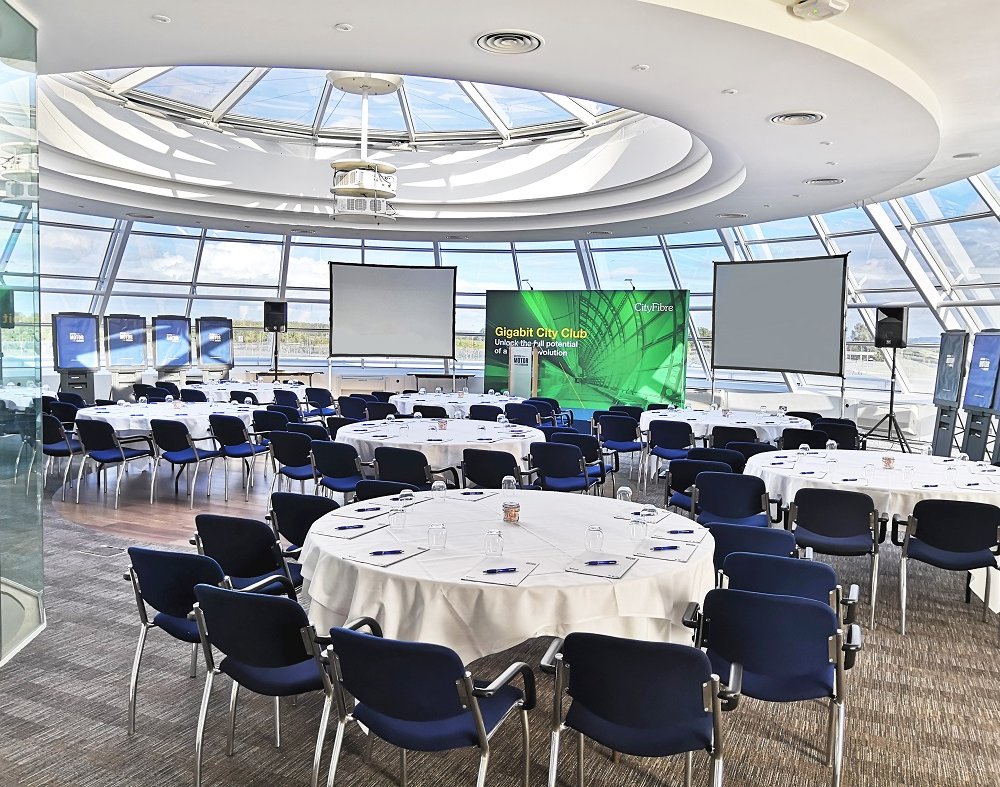
The Museum’s work to be as user-friendly as possible doesn’t simply revolve around good transport links, however. Other efforts to maximise accessibility include becoming the first UK conference centre to receive Gluten Free Accreditation from Coeliac UK.
Sub-head
Utilising historic buildings with heritage stories to tell as commercial spaces is an increasing trend in the sector.
Last summer saw Museum of London Docklands launch The Rum Store, a refurbished commercial space hewn from one of its original dockside structures. Described by the Museum as offering a ‘blank canvas space’ for events, the indoor space can hold 200 guests and extends out onto a terrace for added networking or dining space in summer.
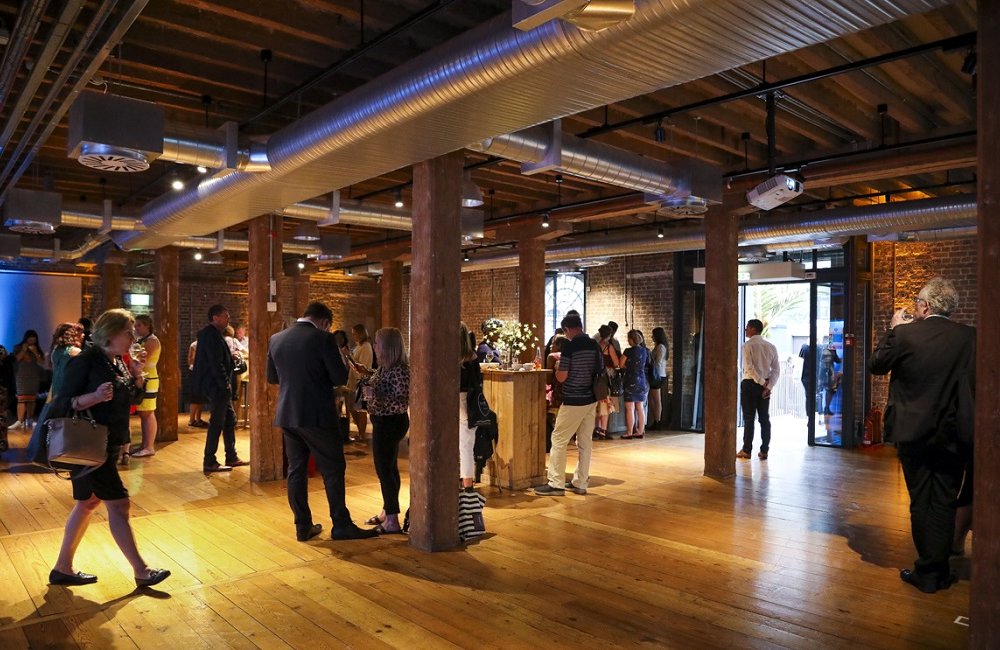
“The addition of The Rum Store to our events hire listing is extremely important to the Museum for generating income,” Sarah McQueen, assistant head of commercial services at Museum of London, explained.
“One of the museum’s key strategic aims is to be able to stand on our own two feet, as is a common theme across the cultural sector. More emphasis is being placed to commercial streams for driving income growth than ever before, in order to support the museum and its activities.”
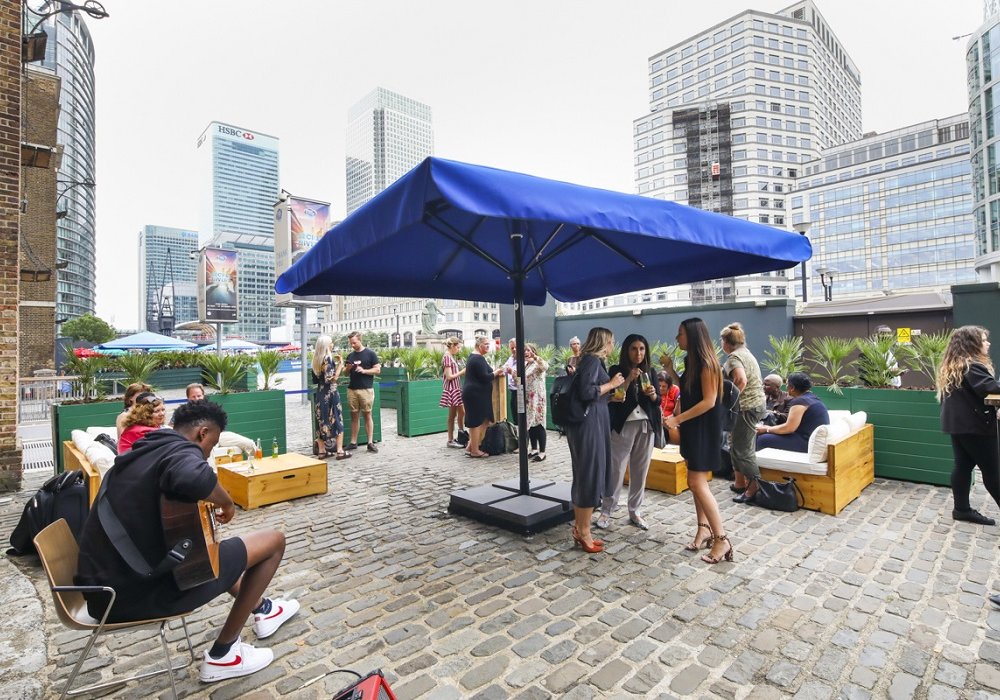
Having attended many industry events through organisations such as ALVA, London & Partners and Arts Council England, McQueen says she has observed a united message throughout the cultural sector that “commercial teams are integral to maximising opportunities for generating profit”.


